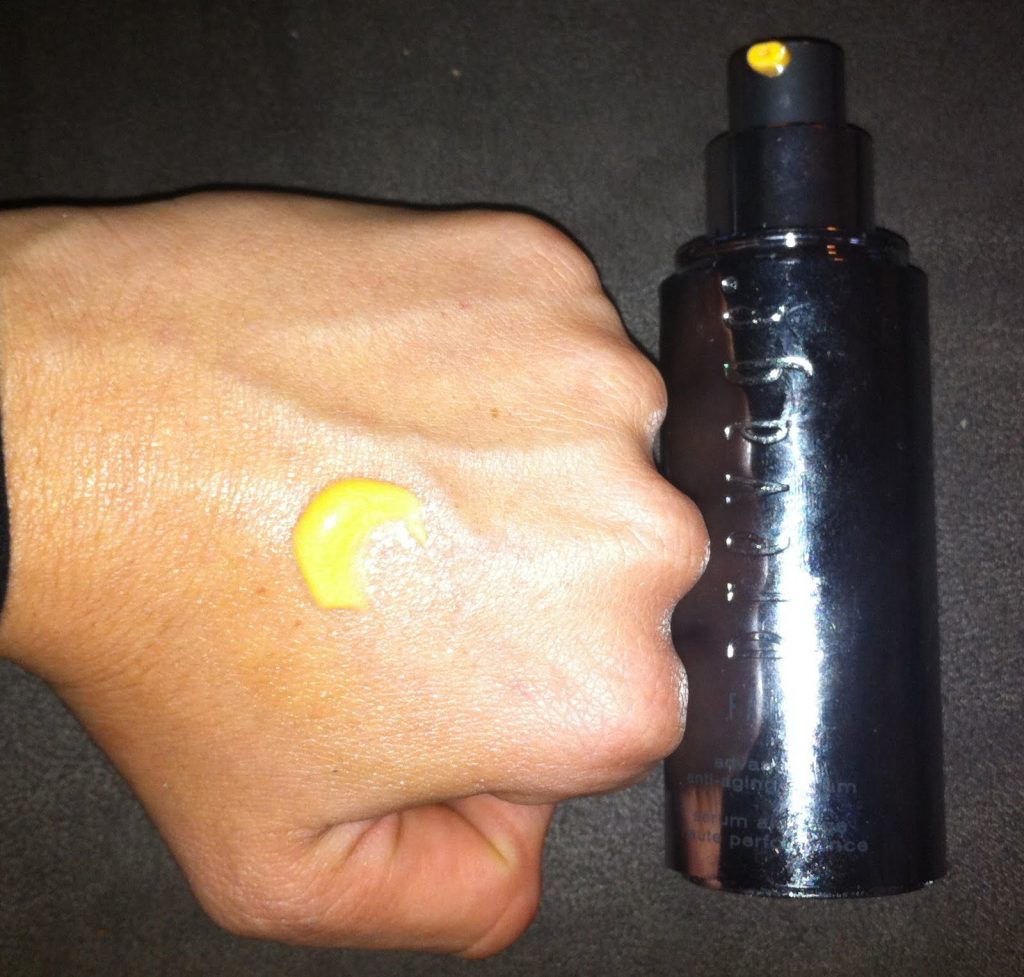- July 30, 2025
- 9:28 pm
We live in an age where everybody gives beauty advice—social media
influencers, glossy magazines, and even our next-door neighbour have strong
opinions on what makes for glowing skin and flawless makeup. But behind the viral
tips and social media hacks, how many beauty beliefs are backed by real science,
and which are just myths we’ve picked up along the way? As a curious beauty lover
and health enthusiast, separating fact from fiction empowers us to choose
products and routines that genuinely work for our skin—not just the ones with the
trendiest claims. Let’s bust some of the most stubborn skincare and makeup myths
and see what science says.
Myth 1: “Natural Ingredients Are Always Better”

It’s tempting to believe that “natural” or “organic” products are safer and more
effective. Labels like “paraben-free” or “all-natural” have exploded in popularity,
and many people associate them with purity and health.
The Science:
Not all natural ingredients are gentle or safe—remember, poison ivy is a
natural product too! According to dermatologists, the effectiveness and safety of an
ingredient depend on its molecular structure, concentration, and how it interacts
with our skin, not whether it’s derived from a plant or made in a lab. Synthetic
ingredients are often carefully tested for consistency and safety, while some natural
extracts can cause allergies or irritation in certain people.
What experts say:
“The skin doesn’t know if an ingredient is natural or synthetic—it just knows what
works at the cellular level,” says Dr. Shari Marchbein, board-certified dermatologist.
Actionable Tip
While choosing skincare, look for proven active ingredients such as niacinamide,
retinol, or hyaluronic acid—regardless of whether they’re natural or lab-made.
Always patch-test new products, even if they’re labelled “organic “or “natural”
Myth 2: “Expensive Products Work Better”

It’s easy to think that the more we spend, the better the results—after all, luxury
skincare and makeup often come in glossy packaging and promise premium
formulas.
The Science
While expensive products may offer a luxurious feeling, studies reveal that
effectiveness is not necessarily tied to cost. The real magic lies in a product’s active
ingredients and how well they suit our unique skin needs. Many budget-friendly
brands use the same ingredients as expensive ones, and studies have found some
even outperforming their pricier counterparts in controlled tests.
What experts say:
The American Academy of Dermatology (AAD) states: “There’s no evidence
that suggests that expensive products are necessarily better. Read ingredient lists
and choose those suited to your skin type.”
Actionable Tip
Focus on products with evidence-based ingredients—like sunscreen, retinol, and
gentle cleansers—rather than brand prestige or price tag. Look for independent
reviews when in doubt.
Myth 3: “You Need to Change Your Skincare Products Frequently”

This is a widespread belief that our skin becomes accustomed to a product, so
we should change products after some time; otherwise, it stops working effectively.
It’s a common belief in beauty circles, especially when someone hits a plateau and
stops seeing rapid improvements.
The Science
There’s no physiological basis for our skin to develop a “tolerance” to most
routine products like moisturizers or cleansers. If a product is working, there’s no need
to swap it out unless our skin’s needs change (seasonal shifts, age, or hormonal
changes). The only exception: Some active ingredients (like retinoids) may cause
diminishing returns over time, but this is rare in everyday skincare.
Actionable Tip
We should stick to a routine that works for us! We should consider changing the
products if our skin reacts badly, if our concerns shift, or if we’re starting a new
treatment (such as for acne or pigmentation). CTH
Myth 4: “Drinking Water Alone Clears Your Skin”

Since childhood, we have been told to “drink more water for better skin.”
Hydration is vital for overall health, but can water alone give you that desired glow?
The Science
Hydration supports our skin’s general health, but it won't magically erase
acne, dark spots, pimples or oiliness. Scientific research shows that diet, genetics,
hormones, and skincare habits play more direct roles in how your skin looks. Over-
hydrating won’t flush out toxins to clear breakouts—your kidneys and liver have that
job!
Actionable Tip
Drink enough water for your body’s needs but focus on a targeted skincare routine
and healthy diet for radiant skin. If you have persistent skin issues, consult a
dermatologist.
Myth 5: Sunscreen is only needed on sunny days.

It is a normal belief that Sunscreen Factor (SPF) is needed in hot sunny days to
protect skin from sunburn. In cloudy winter days or when we are indoors, sunscreen is
not required.
The Science:
Up to 80 percent of Ultraviolet (UV) rays can penetrate clouds and even
closed windows. Daily use of sunscreen helps us to protect our skin from sun damage
, premature aging and even skin cancer.
Actionable Tip:
For choosing the right sunscreen for skin protection, we should consider our
skin type, sun exposure, and desired level of protection. We should choose a cream
for broad-spectrum protection. It will ensure sunscreen protection against both UVA
and UVB rays. UVA rays contribute to premature aging, while UVB rays cause
sunburn. Broad-spectrum protection helps prevent both immediate and long-term
sun damage. We can consider buying a cream of SPF of 30 or higher, and water
resistant, if we are swimming or sweating.
Myth 6: “Oily Skin Doesn’t Need Moisturizer”

If our face is shiny by noon, we might be tempted to skip moisturizer, fearing
it’ll make things worse.
The Science
Oily skin still needs hydration. When we skip moisturizer, our skin may become
dehydrated, prompting it to produce even more oil to make up for the loss. The trick
is to choose a lightweight, oil-free, or gel-based moisturizer that won’t clog pores.
What experts say:
“Every skin type needs hydration—even oily. The right moisturizer can actually
help balance oil production,” says Dr. Michelle Henry, dermatologist.
Actionable Tip
Look for moisturizers labelled “non-comedogenic,” which means they won’t block
pores, and opt for hydrating ingredients like glycerine or hyaluronic acid.
Practical Routines That Work
Daily Sunscreen: Dermatologists worldwide agree—SPF is the most important anti-
aging and skin-protecting step you can take.
Targeted Activities: Use gentle cleansers, antioxidants (like vitamin C), and
retinoids for proven results.
Patch Testing: Always try new products on a small area first, no matter how “safe”
the claims sound.
Reading Labels: Learn to spot effective ingredients (niacinamide, ceramides,
salicylic acid) rather than just buying due to influence of marketing.
Conclusion: Be a Beauty Skeptic
The world of beauty is colourful, creative, and at times, confusing. With every new
trend, it’s easy to get swept up by promises that sound too good to be true. But
armed with a little science and a healthy dose of skepticism, you can avoid costly
mistakes and give your skin the care it deserves.
Actionable Step:
Next time if we see a viral beauty hack or hear a product claim, we should ask
ourselves: What does the science say? We should follow credible dermatologists,
check for clinical evidence, and remember—the best beauty routine is one
that’s personalized, consistent, and based on facts.
References:
American Academy of Dermatology Association (AAD)
British Journal of Dermatology
Journal of Cosmetic Dermatology
Mayo Clinic
Interviews with board-certified dermatologists
Feature Post
Popular Post
Browse Category
Subscribe News Letter